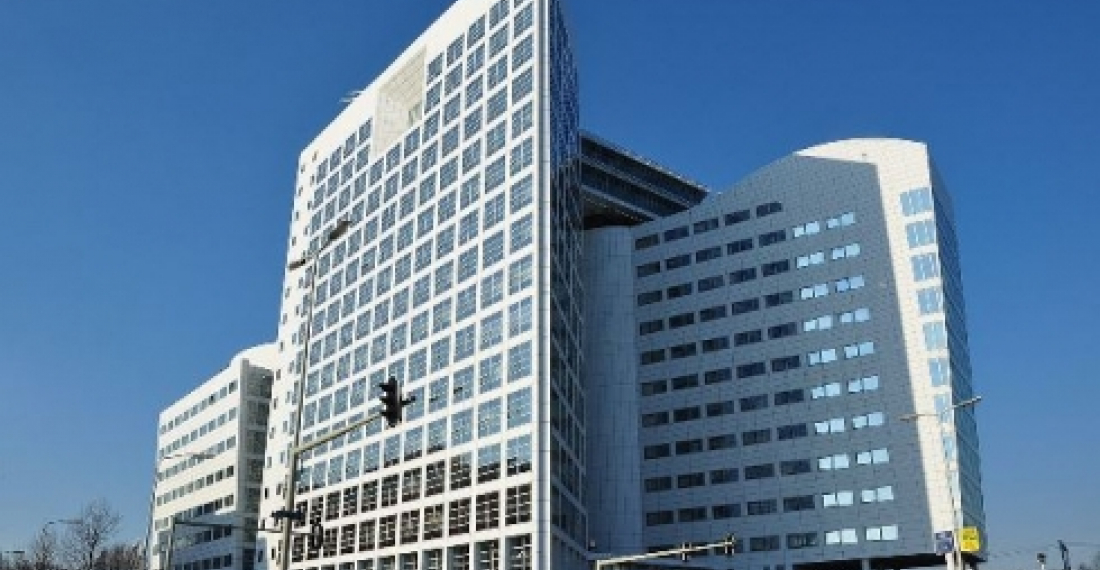Позор, что из шести стран в масштабе всего Кавказского региона только Грузия ратифицировала Римский Устав Международного уголовного суда (МУС). Армения, Азербайджан, Россия, Турция и Иран пока еще не присоединились к ней, и этим они создают существенную черную дыру в практике мирового правосудия.
Международный уголовный суд является межправительственной организацией, и международным трибуналом, который заседает в Гааге, в Нидерландах. МУС обладает юрисдикцией судебного преследования лиц за международные преступления геноцида, преступления против человечности и военные преступления. МУС призван дополнить существующие национальные судебные системы и поэтому может только осуществлять свою юрисдикцию, когда соблюдены определенные условия, например, когда национальные суды не хотят или не могут привлечь к ответственности преступников, или, когда Совет Безопасности Организации Объединенных Наций и отдельных государств передают разбирательства в этот Суд.
МУС начал функционировать с 1 июля 2002 года, это дата, когда в силу вступил Римский Устав - многосторонний договор, который служит в качестве основополагающего и руководящего документа МУС. Позор, что только одна из шести стран в масштабах Кавказского региона ратифицировала Римский Устав Международного уголовного суда. Грузия подписала договор 18 июля 1998 года, и ратифицировала его 5 сентября 2003 года во время администрации президента Шеварднадзе. До сих пор его подписали и ратифицировали 123 государства. Среди них все 28 государств-членов Европейского Союза.
Ни Армения, ни Азербайджан не ратифицировали Договор. Тем не менее, правительства двух стран постоянно говорят о военных преступлениях и зверствах прошлого. Они конечно имеют право делать это, но их доводы теряют свой моральный авторитет в результате их отсутствия среди стран, ратифицировавших Римский Устав Международного уголовного суда. С двумя странами, находящимися в конфликте, опасность новой резни или военных преступлений не может быть исключена. Ратификация Римского Устава Арменией и Азербайджаном может стать важным вкладом в будущее мира в регионе. Сопредседателям Минского процесса ОБСЕ следует пропагандировать действия в этом направлении, но естественно они едва ли могут, учитывая, что ни Соединенные Штаты, ни Россия не подписали Римский Устав.
Вопрос стал актуален также и в контексте того, что происходит на Ближнем Востоке, и зверств, совершаемых организацией, называющей себя "Исламское государство". Международный уголовный суд недавно отметил, что оно не сможет судить тех, кто совершает эти преступления, так как ни Ирак, ни Сирия не ратифицировали Римский Устав. Но есть важный нюанс. Если гражданин государства, которое подписало и ратифицировало Устав, совершает преступление против человечности Суд обладает юрисдикцией в отношении него. Таким образом, если Россия, Турция, Армения, Азербайджан и Иран подписали бы этот Устав, то те, кто совершил такие зверства понесли бы ответственность за преследования, если они являются их гражданами, а. Таким образом, отсутсвие этих пяти стран создает большую черную дыру в международной уголовно-исполнительной системе, допуская возможность, что виновники геноцида, военных преступлений и других преступлений против человечества останутся безнаказанными.
Commonspace.eu призывает правительства Армении, Азербайджана, Ирана, России и Турции, а также те государств, которые еще не сделали так подписать и ратифицировать Римский Устав и внести свой вклад в то, что преступления против человечности не останутся безнаказанными.
Источник: Этот материал был подготовлен редакционной командой commonspace.eu. С более подробной информацией о Международном уголовном суде можно ознакомиться here
Фото: Штаб-квартира Международного уголовного суда в Гааге.






